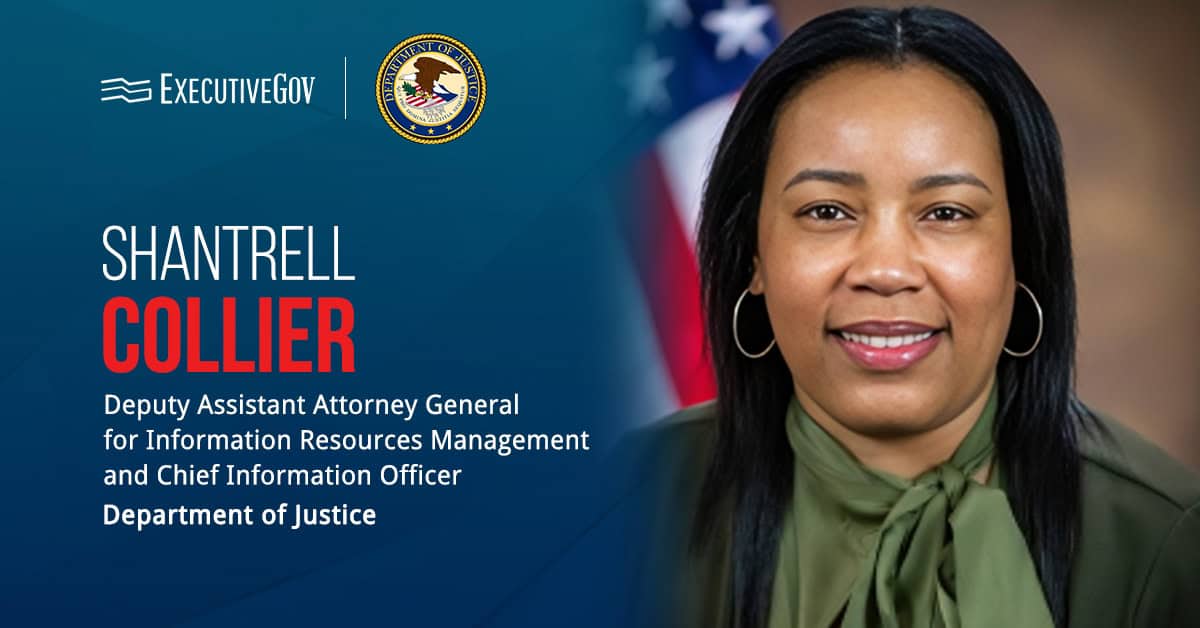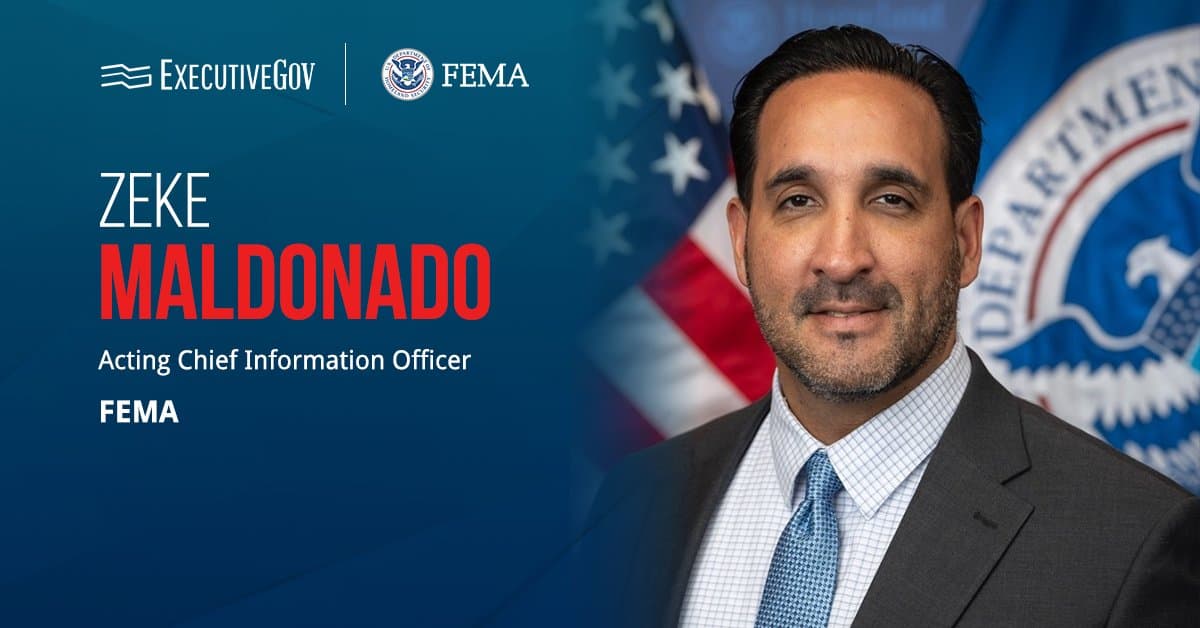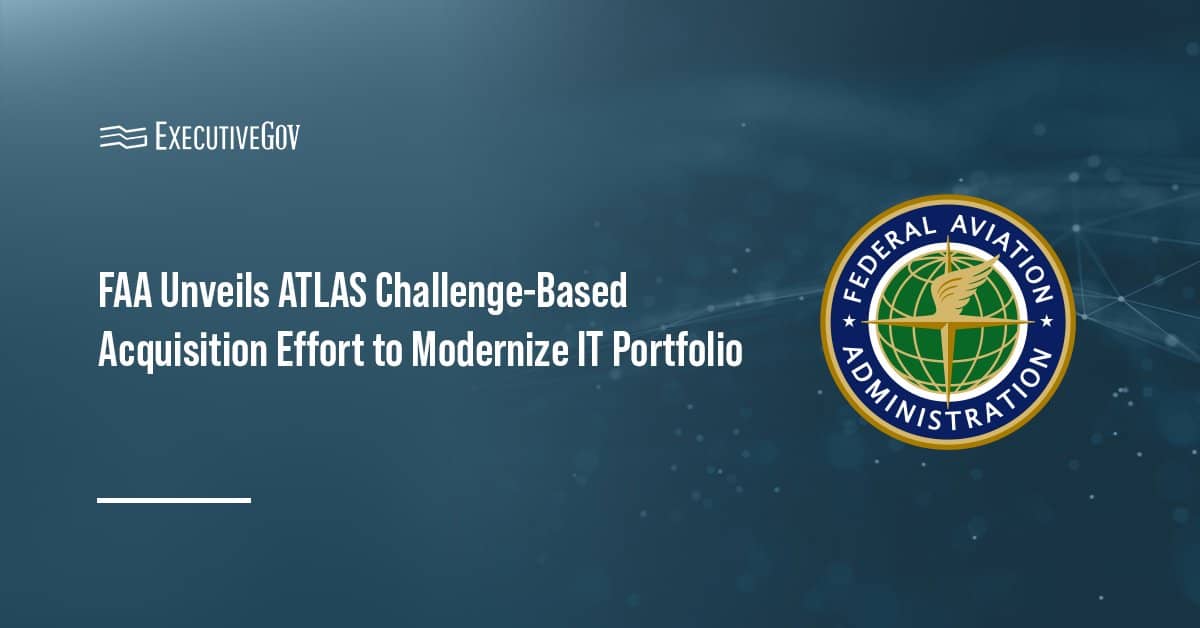
NASA has selected the University of Colorado Boulder’s Laboratory for Atmospheric and Space Physics to develop a new solar sensor under an $18M contract.
The Total and Spectral Solar Irradiance Sensor-2 would continue the mission of the first TSIS, an existing space sensor designed to measure the sun’s radiation that reaches Earth, NASA said Monday. TSIS-1 launched in 2017.
TSIS-2 will consist of the Total Irradiance Monitor and the Spectral Irradiance Monitor, two instruments needed to study different aspects of solar energy. TIM equips researchers with a tool to study the Earth’s primary source of solar energy, and SIM works to detect solar variability regions on the planet and in its atmosphere.
Work under the sole-source contract will take place through August 6.





